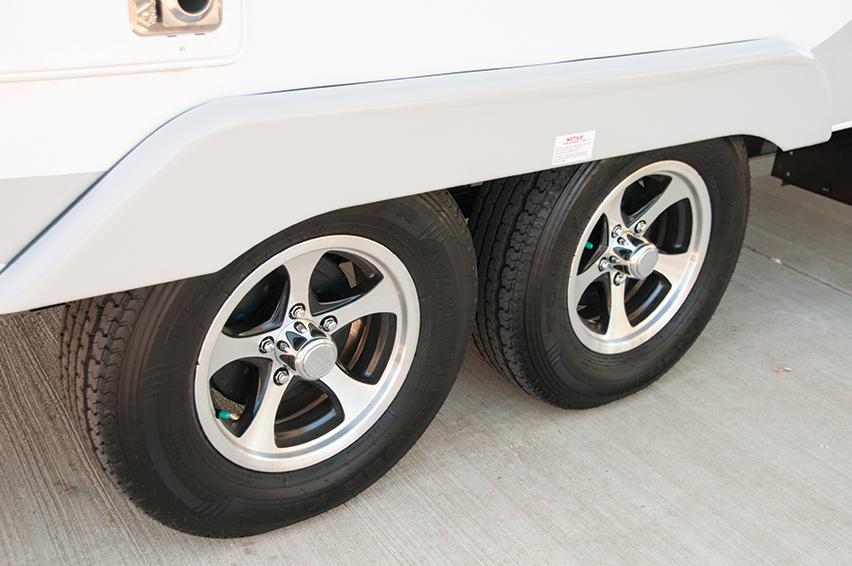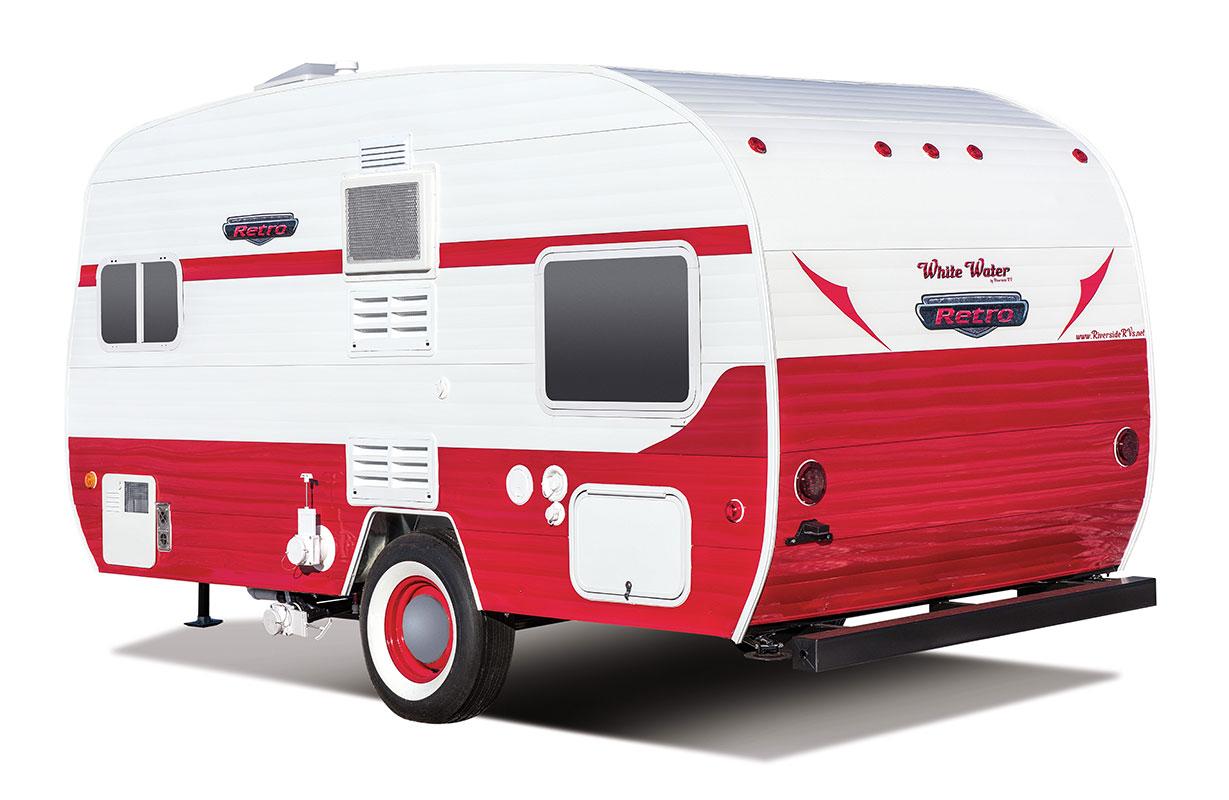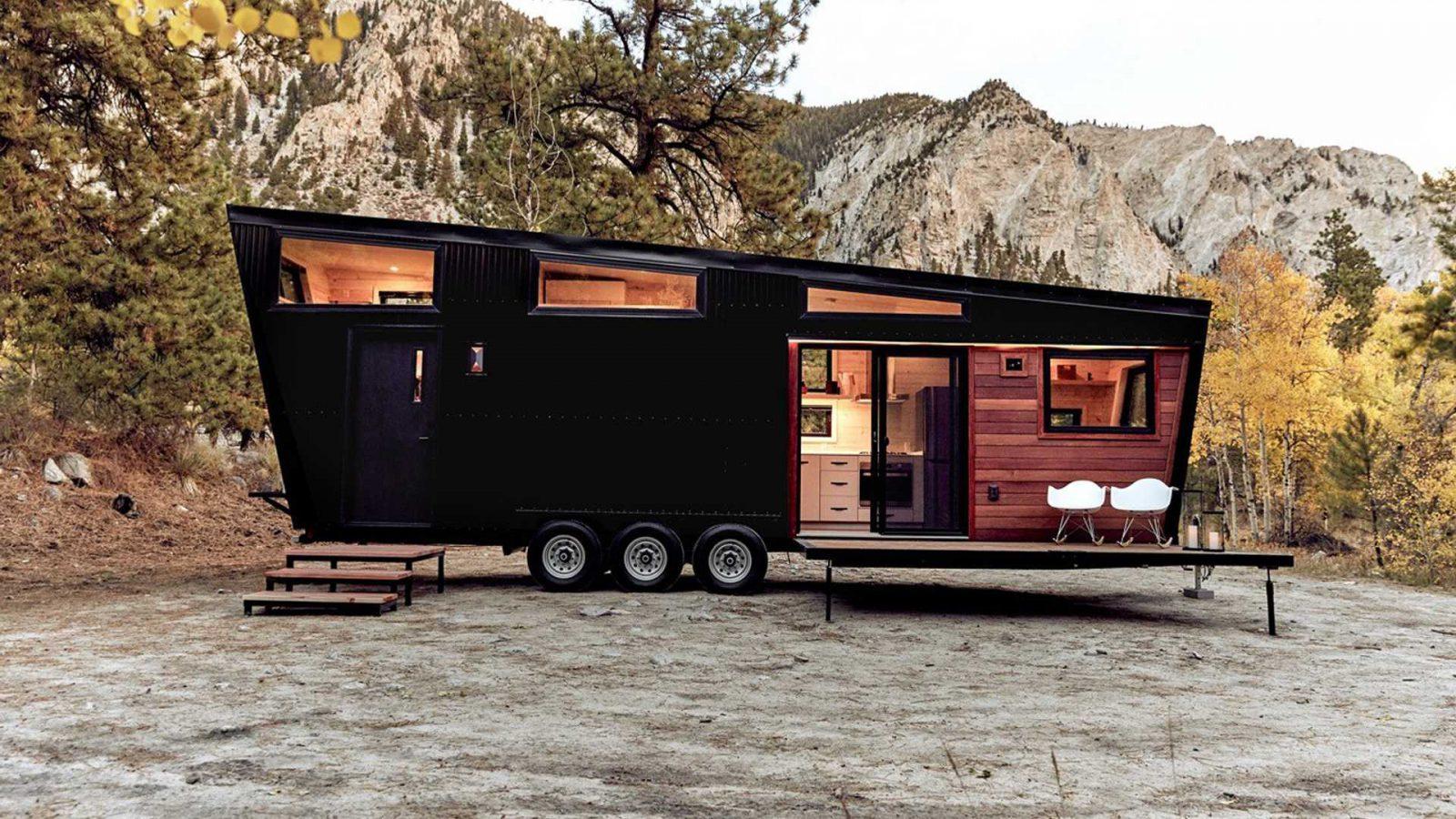You must know about the tires of your vehicle when RVing most of the time. Think of sudden tire failure in a single-axle trailer. You could end up in a rollover due to the sudden shift in weight. It may cause collateral damage in tandem- and triple-axle trailer too. You should learn about the trailer tire to make sure that you have a safe ride.
Contents
Trailer Tires vs. Car Tires
The learning curve may take time but not boring or complicated. First of all, you should know the differences between the trailer and regular vehicle tires.
A trailer tire is completely different from a light truck or automobile in terms of functions. The tires used in trailers don’t transmit powers from the engine to the road so they don’t steer or swerve. But, tires in regular vehicles have flexible sidewalls to perform these functions and to keep the tread stable on the surface.
SEE MORE
Car tires need to work with advanced, mechanically complex suspension, braking, and steering systems. On the contrary, trailer tires are paired with a stiff suspension and some smaller trailers don’t have the braking system at all.
Bias Ply vs. Radial Trailer Tires
Any trailer tire discussion should include a comparison between radial vs bias trailer tire as these are among the most common types.
Bias ply tires have piles that spin at 30-degree angles while the piles on radial tires run across the belts at a perpendicular manner. Many people consider the latter to be the better of the two.
Radial trailer tires show impressive tread strength to keep going for an average of 40,000 miles while the bias ply models don’t last more than 12,000 miles. Sometimes, the tires on trailers develop flat spots on one side when you park the vehicle on the same spot for weeks or months. Radial tires are less prone to this kind of damage and keep wear to the minimal by running comparatively cooler on longer trips.
On the other hand, bias ply tires are a good option when you are hauling heavy loads. They are also good for rigs that tend to swerve on the road due to having rigid, strong sidewalls.
Choose the tires based on the performance you expect from your trailer. Check the owner’s manual to make sure that they are compatible with the size, construction, and load range metrics.
How To Read A Tire’s Sidewall?
When buying trailer tires, you should know how to decipher the readings on the sidewall. The digits there contain information about the tire’s dimensions, load capacity, and other things.

The metrics to focus on when buying a trailer tire are inflation rating, load range, and DOT code. The inflation rating is measured in psi (pounds per square inch) and shows the maximum inflation that the tire can endure. Under-inflation is the most harmful since the tires generate a huge amount of temperature in low tire pressure, quickening the wear and tear.
The trailer tire load range chart is defined by some letters. Load Range B specifies the lightest weight while the Load Range E shows the heaviest payload that the tires can hold.
Load range is a total measure of an individual tire’s maximum ability to carry both boat and trailer. The load range of most boat trailer tires spans across B, C, and D. For example, load range C means a tire can carry 1,820 pounds, including the weight of the vehicle, fuel, cargo, and other accessories. A single-axle trailer can accommodate 100% of its load rating but it cuts by almost 12% in case of a double-axle trailer.
The DOT Code makes sure that the trailer tire meets all safety standards required by the Department of Transportation (DOT). You will find a TIN or tire’s identification number beside the DOT logo. The number indicates the manufacturing date of the tires. For instance, the numbers 1112 means that the tire was manufactured in the 11th week of the year 2012.
Best Trailer Tire Models
Investing in high-quality tires is one of the best safety measures that you can take before getting down on the road with your RV. Good tires will keep the vehicle in the perfect condition and the passengers and cargo safe.

Some of the best trailer tires to choose for your trailer are:
1. Carlisles Radial Trail HD
Compatible with different kinds of vehicles, the tires offer longer road life with ozone protection, interconnected tread blocks, and built-in weathering.
2. Maxxis M8008 Radial Tire
You can rely on these tires for their stability and strong build. They come with an advanced tread compound and shock-absorbent feature.
Some other renowned products are eCustomRim Trailer Tire, Grand Ride 2, Wheel Express Silver Mod tires, Freestar M-108, and more.



